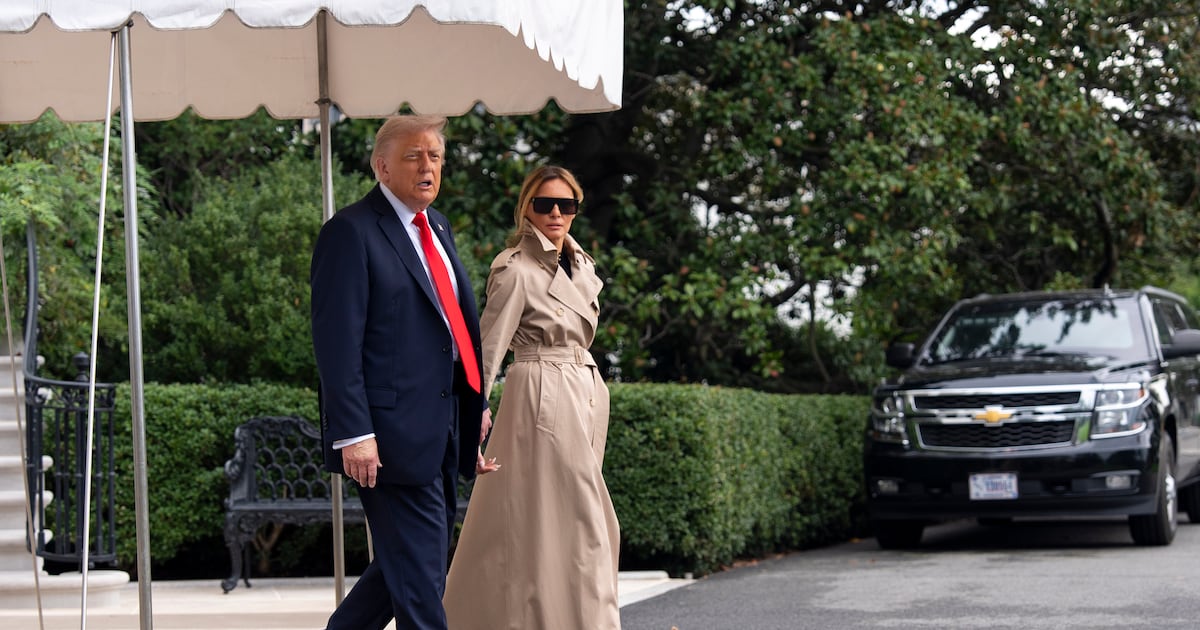The Daily Beast has issued an apology to Melania Trump following the retraction of an article that suggested she met her husband, former President Donald Trump, through a connection to convicted sex offender Jeffrey Epstein. This retraction, which took place in July 2023, was prompted by a lack of evidence supporting the claims made in the piece.
The article in question alleged that Epstein played a role in the early relationship between Melania and Donald Trump. However, after a review of the facts, it became clear that these assertions were unfounded. The Daily Beast acknowledged that the article did not meet its editorial standards, leading to its removal from the website.
In a formal statement, The Daily Beast expressed regret for any harm caused to Melania Trump as a result of the publication. The outlet emphasized the importance of accuracy in its reporting and stated that it takes such matters seriously.
Background on the Controversy
The allegations surfaced amid ongoing discussions about Epstein’s connections with high-profile individuals, including politicians and celebrities. Epstein, who was convicted of sex trafficking, had a history of networking with some of the world’s most influential figures. The claims made in the article were part of a broader narrative that linked various individuals to Epstein’s controversial past.
Melania Trump, who has largely maintained a low profile since her husband left office in January 2021, has not publicly commented on the retraction or the apology. Her spokesperson stated that they appreciate the prompt action taken by The Daily Beast in addressing the inaccuracies.
The retraction highlights the media’s responsibility to verify information before publication, particularly when it involves public figures. As misinformation can have significant repercussions, both personal and professional, the case serves as a reminder of the need for diligence in journalism.
Implications for Media Standards
The incident raises important questions about editorial integrity and the pressure that journalists and media outlets face in the current landscape. In an era where rumors can spread rapidly through social media, maintaining a commitment to factual reporting is essential for preserving public trust.
The Daily Beast’s decision to retract the article demonstrates a commitment to accountability. It also illustrates the potential consequences that can arise from publishing unverified claims, especially regarding individuals in the public eye. Such accountability is crucial in ensuring that media organizations uphold their responsibilities to their audiences.
As this situation unfolds, it is likely to encourage further discussions among journalists about the standards and practices that govern their work. The emphasis on accuracy and responsibility in reporting will remain a vital aspect of the media industry moving forward.
